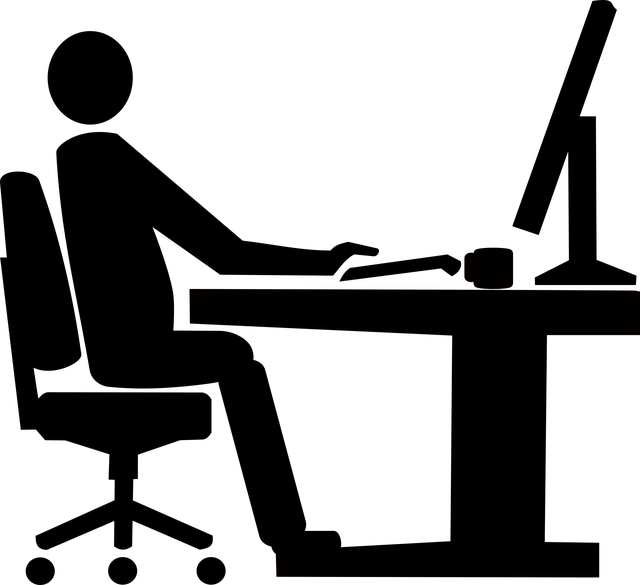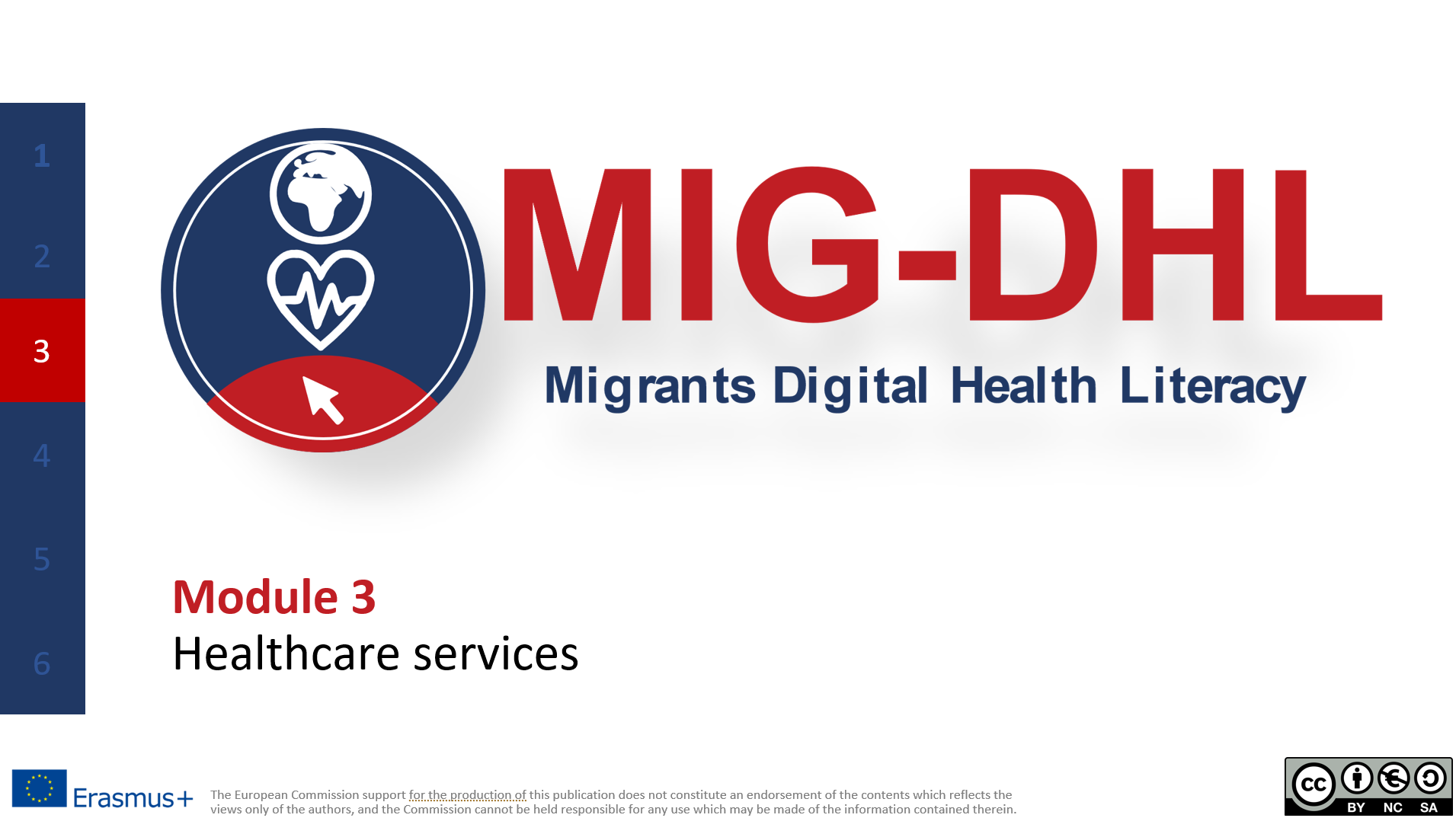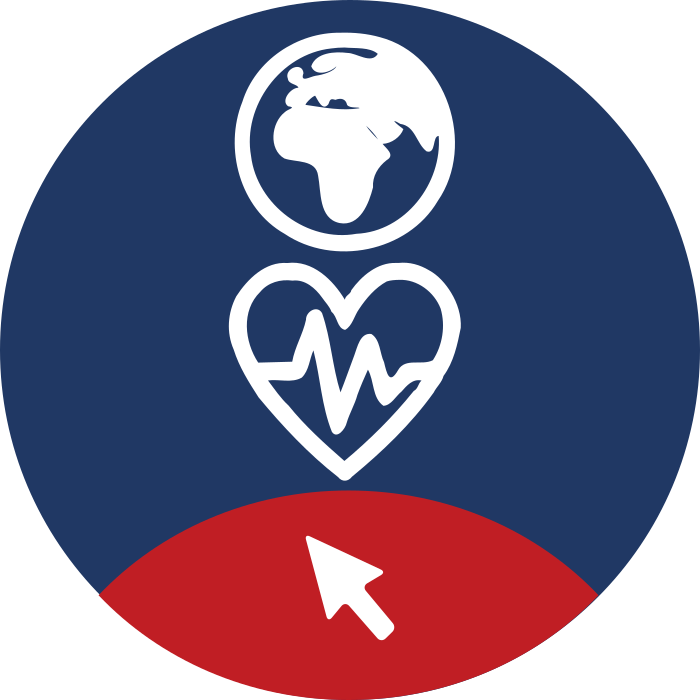Course 3 - Healthcare Services (Course3-EN)
Training the Trainers on Module 3 - "Healthcare Services"
Authors:
Carlos Serra, UVEG
Maria Mitsa, PROLEPSIS
Objectives
✔ To improve the health literacy of migrants in terms of their knowledge about the functioning of the host country's national health system.
✔ To promote the health literacy of migrants regarding their rights and duties to the national health care system, as well as the necessary requirements to access the healthcare system.
✔ To provide trainees with a first approach to navigating the national health system through the internet.
Competences
✔ Ability to understand the general functioning of the national health system and apply it in their relations with the health system.
✔ Ability to understand and put into practice how to become a user of the national health system.
✔ Ability to understand what the rights and obligations are, as an immigrant, in the national health system, and how to inform themselves adequately about them
Materials
- Handbook for the trainer (PDF) - For preparing a face 2 face training session. Explains the slides.
- Slides of Module 3 for the trainer (PDF, PPT) - To be used by a trainer in face 2 face training session.
- Online Training Module 3 for the trainee (LINK) - To be used by a trainee in the online training session.
- Guidelines for all Designed Practical Training Activities (DPTAs) for the trainer (PDF) - For preparing the Practical Activities in a face 2 face training session.
The European Commission support for the production of this publication does not constitute an endorsement of the contents which reflects the views only of the authors, and the Commission cannot be held responsible for any use which may be made of the information contained therein. Project number: 2020-1-DE02-KA204-007679.
LessTraining the Trainers on Module 3 - "Healthcare Services"
Authors:
Carlos Serra, UVEG
Maria Mitsa, PROLEPSIS
Objectives
✔ To improve the health literacy of migrants in terms of their knowledge about the functioning of the host country's national health system.
✔ To promote the health literacy of migrants regarding their rights and duties to the national health care system, as well as the necessary requirements to access the healthcare system.
✔ To provide trainees with a first approach to navigating the national health system through the internet.
Competences
✔ Ability to understand the general functioning of the national health system and apply it in their relations with the health system.
✔ Ability to understand and put into practice how to become a user of the national health system.
✔ Ability to understand what the rights and obligations are, as an immigrant, in the national health system, and how to inform themselves adequately about them
Materials
- Handbook for the tra
Training the Trainers on Module 3 - "Healthcare Services"
Authors:
Carlos Serra, UVEG
Maria Mitsa, PROLEPSIS
Objectives
✔ To improve the health literacy of migrants in terms of their knowledge about the functioning of the host country's national health system.
✔ To promote the health literacy of migrants regarding their rights and duties to the national health care system, as well as the necessary requirements to access the healthcare system.
✔ To provide trainees with a first approach to navigating the national health system through the internet.
Competences
✔ Ability to understand the general functioning of the national health system and apply it in their relations with the health system.
✔ Ability to understand and put into practice how to become a user of the national health system.
✔ Ability to understand what the rights and obligations are, as an immigrant, in the national health system, and how to inform themselves adequately about them
Materials
- Handbook for the tra
Course Description

Objectives
- To improve the health literacy of migrants in terms of their knowledge about the functioning of the host country's national health system.
- To promote the health literacy of migrants regarding their rights and duties to the national health care system, as well as the necessary requirements to access the healthcare system.
- To provide trainees with a first approach to navigating the national health system through the internet.
Participants & roles
- Migrants: About 10 (newcomer) migrants in each country as beneficiaries of the training.
- Migrant peers: About 1-2 migrant peers, who are key persons in the migrant communities or are already integrated in the host country. Migrant peers have a fundamental role to play in the development of this DPTA, given that they have previously been in the same situation that the trainees are currently facing. It is very important, therefore, that migrant peers can bring their particular experience in terms of the steps they have taken in using and benefiting from the host country's national health care system.
- Health professionals (about 1-2): The expected role of health professionals is to actively participate in the sessions (optional), based on the same argumentation as migrant peers. It is therefore advisable to invite health professionals to participate in the different sessions of this DPTA as observers and with access to the materials and online platform in case they want to observe (and even conduct) the online tasks. The health professionals invited to participate in this DPTA, thus, will adopt an expert role: within the scope of their competences, they will help the trainees (and the trainer himself) to solve some of the questions and exercises proposed. The health professionals have the opportunity to provide a deeper insight into the functioning of the health system in the field of their competences and to collaborate with the trainer in resolving certain doubts that may arise from the trainees during the resolution of the exercises or in the framework of more open discussions on the functioning of the health system. The health professional can also be an essential link in order to be able to carry out the excursion planned at the end of the DPTA.
Competences
- Ability to understand the general functioning of the national health system and apply it in their relations with the health system.
- Ability to understand and put into practice how to become a user of the national health system.
- Ability to understand what the rights and obligations are, as an immigrant, in the national health system, and how to inform themselves adequately about them.
Training contents
- Basic notions about the functioning of the National Health System.
- Basic vocabulary of the National Health System.
- How to become a beneficiary of the National Health System.
- Rights and obligations of immigrants in the National Health System.
Duration
Duration of the sessions: 5 hours.
- Face to face session: 4 hours (1 session of 2 hours 45 minutes, 1 session of 1 and a half hours)
- Online session: 1 hour.
Transversal training
- Social skills
- Language skills
- Ability of teamwork
- Adaptability skills
- Skills to put in practice theoretical contents
Methodology
- Active and participative
- Face to face training:
- Dialogue
- Role playing
- Teamwork
- Guided visit
- Online training:
- Watching some selected videos
- Practical implementation -through assignments- of some tips agreed in the classroom.
- Some collaborative work
Training materials
- Face to face sessions:
- PowerPoint presentations
- Word documents. Explaining the main concepts shown on PPT
- Selected videos
- Survey
- Online sessions:
- Online assignments in the training platform
- Online map + proposed puzzle
- To improve the health literacy of migrants in terms of their knowledge about the functioning of the host country's national health system.
- To promote the health literacy of migrants regarding their rights and duties to the national health care system, as well as the necessary requirements to access the healthcare system.
- To provide trainees with a first approach to navigating the national health system through the internet.
- Migrants: About 10 (newcomer) migrants in each country as beneficiaries of the training.
- Migrant peers: About 1-2 migrant peers, who are key persons in the migrant communities or are already integrated in the host country. Migrant peers have a fundamental role to play in the development of this DPTA, given that they have previously been in the same situation that the trainees are currently facing. It is very important, therefore, that migrant peers can bring their particular experience in terms of the steps they have taken in using and benefiting from the host country's national health care system.
- Health professionals (about 1-2): The expected role of health professionals is to actively participate in the sessions (optional), based on the same argumentation as migrant peers. It is therefore advisable to invite health professionals to participate in the different sessions of this DPTA as observers and with access to the materials and online platform in case they want to observe (and even conduct) the online tasks. The health professionals invited to participate in this DPTA, thus, will adopt an expert role: within the scope of their competences, they will help the trainees (and the trainer himself) to solve some of the questions and exercises proposed. The health professionals have the opportunity to provide a deeper insight into the functioning of the health system in the field of their competences and to collaborate with the trainer in resolving certain doubts that may arise from the trainees during the resolution of the exercises or in the framework of more open discussions on the functioning of the health system. The health professional can also be an essential link in order to be able to carry out the excursion planned at the end of the DPTA.
- Ability to understand the general functioning of the national health system and apply it in their relations with the health system.
- Ability to understand and put into practice how to become a user of the national health system.
- Ability to understand what the rights and obligations are, as an immigrant, in the national health system, and how to inform themselves adequately about them.
- Basic notions about the functioning of the National Health System.
- Basic vocabulary of the National Health System.
- How to become a beneficiary of the National Health System.
- Rights and obligations of immigrants in the National Health System.
Duration of the sessions: 5 hours.
- Face to face session: 4 hours (1 session of 2 hours 45 minutes, 1 session of 1 and a half hours)
- Online session: 1 hour.
- Social skills
- Language skills
- Ability of teamwork
- Adaptability skills
- Skills to put in practice theoretical contents
- Active and participative
- Face to face training:
- Dialogue
- Role playing
- Teamwork
- Guided visit
- Online training:
- Watching some selected videos
- Practical implementation -through assignments- of some tips agreed in the classroom.
- Some collaborative work
- Face to face sessions:
- PowerPoint presentations
- Word documents. Explaining the main concepts shown on PPT
- Selected videos
- Survey
- Online sessions:
- Online assignments in the training platform
- Online map + proposed puzzle

- Type: Online session
- complementary to the face 2 face, for trainees who follow the f2f training
- for self-paced, unattended learning, for any trainee
- Duration: 1 hour

